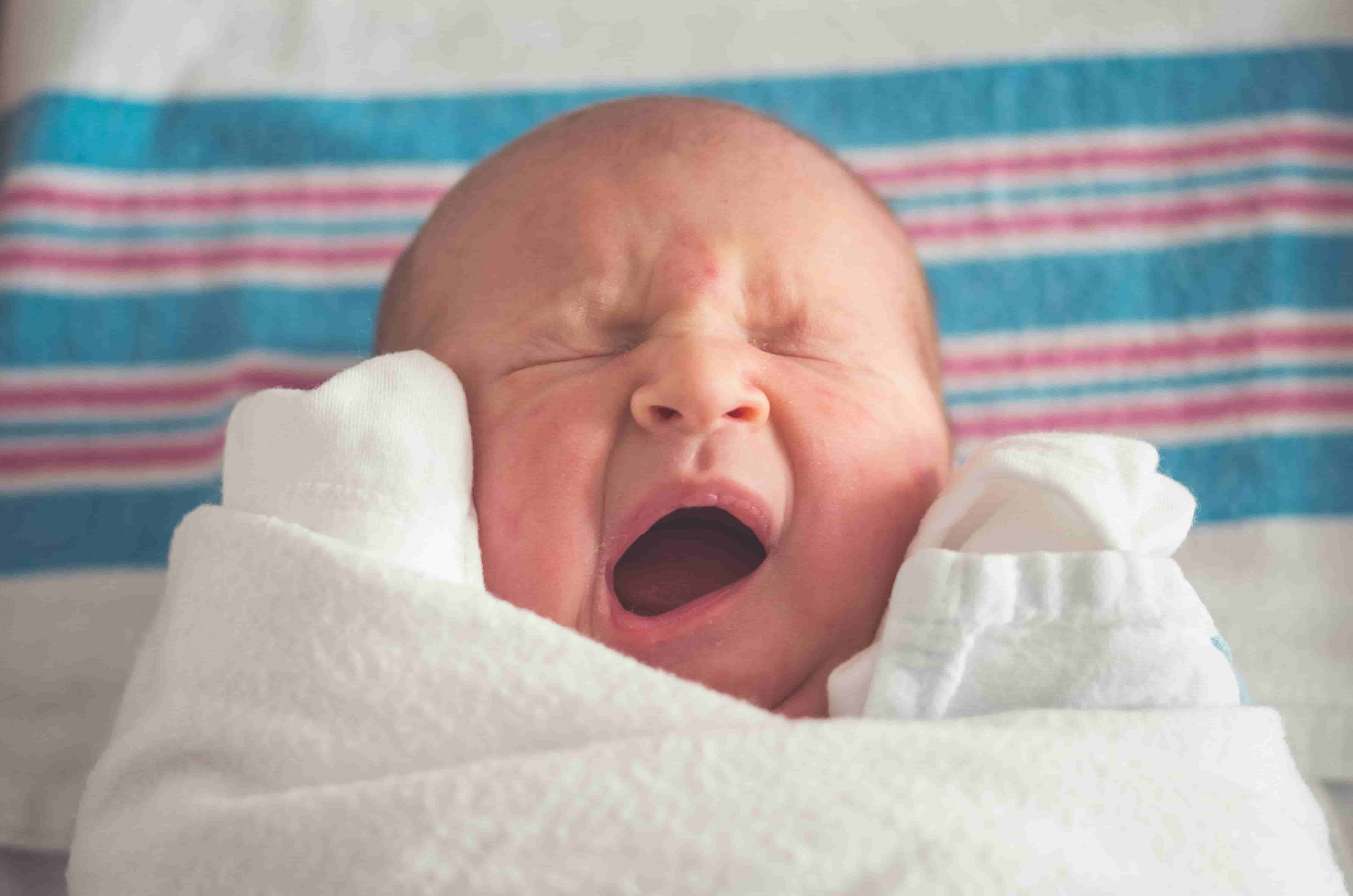Circadian rhythms, the internal biological clocks that regulate our sleep, metabolism, and other vital processes, are essential for maintaining health. While much is known about circadian rhythms in adults, their role and activity during early human development remain a mystery. A groundbreaking study has now found evidence of circadian activity in the cells of umbilical cords from newborns, revealing that even before birth, the human body is guided by these intricate timekeepers.
A Focus on the Earliest Clocks
During pregnancy, the developing fetus is thought to rely on maternal signals, such as hormones and body temperature, to regulate its internal clock. However, researchers have long wondered whether circadian rhythms in the fetus are active independently of these maternal cues. The study explored this question by analyzing umbilical vein cells - called human umbilical vein endothelial cells (HUVECs) - collected from preterm and full-term infants.
Using advanced bioluminescence technology, the researchers monitored the activity of genes linked to circadian rhythms. This approach allowed them to track the "ticking" of these biological clocks and measure key features like the period (length of a full cycle), amplitude (signal strength), and phase (timing within the cycle). The results were surprising: regardless of whether a baby was born early or full-term, these cellular clocks were active and functioning.
The Experiment in Detail
Umbilical cords from 60 newborns, ranging from extremely preterm to full-term, were used in this study. After isolating the vein cells, researchers triggered their circadian rhythms using a dexamethasone pulse - a common lab technique for synchronizing biological clocks. The cells were then observed for five days using a luminescent reporter that glows in sync with the circadian activity.
Across all samples, the cells displayed rhythmic oscillations that matched typical circadian patterns, with periods averaging around 24 hours. The strength and timing of these oscillations were consistent across different gestational ages and birth weights, suggesting that the activity of these clocks is already established at birth, even in very premature infants.
Why This Discovery Matters
This research provides the first direct evidence of circadian clock activity in human newborns. While previous studies have hinted at the existence of early circadian rhythms, this is the first to demonstrate it in live cells from neonates. These findings could have significant implications for understanding and improving the care of preterm infants, who are often exposed to unnatural light and feeding schedules in neonatal intensive care units (NICUs). Such disruptions to circadian rhythms could potentially impact their development.
By showing that these clocks are active from birth, the study highlights the importance of supporting circadian health even in the earliest stages of life. Adjustments to NICU environments, such as synchronized lighting and feeding times, could help nurture these early biological rhythms, potentially improving outcomes for preterm infants.
Looking to the Future
Although the study found no significant differences in circadian activity between preterm and full-term infants, there were subtle trends suggesting that premature birth might slightly weaken these rhythms. Future research could explore how external factors, such as stress, inflammation, or medical treatments, influence the development of circadian clocks in newborns.
Additionally, this work opens the door to using umbilical vein cells as a model for studying how circadian rhythms develop and how they can be supported in vulnerable infants. Such insights could guide new strategies for enhancing growth, brain development, and overall health in newborns.
A Step Toward Chronobiology in Medicine
Circadian rhythms are critical for health at every stage of life, and this study reveals their importance from the very beginning. As medical science advances, understanding these rhythms in newborns could lead to better, more personalized care - ensuring that even the tiniest clocks are ticking in harmony.


